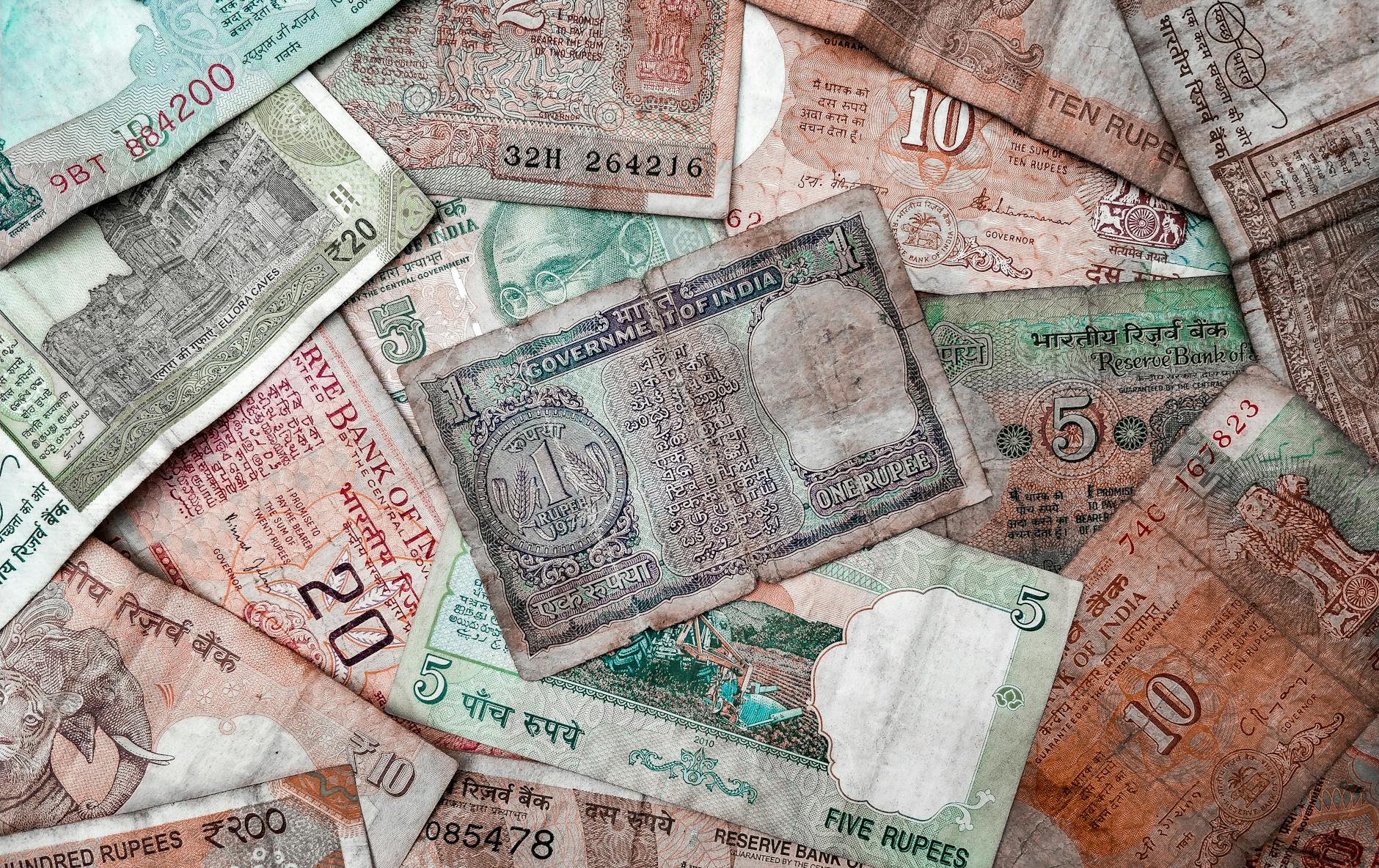Unlock the secrets of trademark hearings in India with this comprehensive step-by-step guide. Your roadmap to success awaits!
Table of Contents
Trademarks are an essential aspect of protecting a company’s brand identity and ensuring that its products and services are distinguished from competitors in the market. In India, the process of trademark registration and maintenance involves various steps, including trademark hearings. Understanding how trademark hearings work can help businesses navigate the complex legal landscape and safeguard their intellectual property rights.
Trademark Hearing in India
A trademark hearing in India is a crucial stage in the trademark registration process where the trademark application is reviewed by the Registry. The purpose of the hearing is to ensure that the trademark meets all legal requirements and does not infringe on existing trademarks. The hearing process involves submitting evidence, arguments, and responding to any objections raised by the Registry.
Trademark Rectification in India
Trademark rectification in India refers to the process of correcting errors or omissions in a trademark registration. If there are any inaccuracies in the trademark registration, it can impact the protection afforded to the trademark owner. Filing for trademark rectification involves submitting an application to the Registry, detailing the necessary corrections.
TM Infringement Notice in India
Receiving a trademark infringement notice in India can have serious legal consequences for a business. A trademark infringement notice typically alleges that a trademark is being used without authorization or in a way that may lead to confusion with another trademark. It is essential to respond promptly to infringement notices and seek legal advice to address any potential trademark infringement issues.
Trademark Renewal in India
Trademark renewal in India is crucial for maintaining the validity of a trademark registration. Failure to renew a trademark on time can result in the loss of protection and potentially lead to legal disputes. The process of trademark renewal involves submitting a renewal application to the Registry along with the prescribed fees.
Trademark Transfer in India
Trademark transfer in India involves transferring ownership of a trademark from one entity to another. This can occur through assignment or licensing agreements. It is essential to follow the legal requirements for trademark transfer to ensure that the transfer is valid and enforceable.
Expedited TM Registration
Expedited trademark registration in India allows businesses to fast-track the trademark registration process. This can be beneficial for companies looking to protect their trademarks quickly and efficiently. The expedited registration process typically involves paying additional fees and providing the necessary documentation to expedite the review process.
| Step | Description |
|---|---|
| 1 | File a trademark application with the Trademarks Registry in India. |
| 2 | Wait for the examination report from the Trademarks Registry. |
| 3 | Review the examination report and address any objections raised by the Trademarks Registry. |
| 4 | Wait for the issuance of the hearing notice from the Trademarks Registry. |
| 5 | Prepare your response to the objections raised in the examination report. |
| 6 | Appear for the trademark hearing at the Trademarks Registry. |
| 7 | Present your case and arguments before the Trademarks Registry. |
| 8 | Wait for the decision from the Trademarks Registry. |
| 9 | If the trademark application is approved, complete the registration process. |
USA Trademark Registration
Trademark registration in the USA follows a similar process to trademark registration in India but may have differing requirements and timelines. Businesses looking to expand their trademarks internationally should consider registering their trademarks in the USA to protect their brand in a key market.
International Trademark
Registering a trademark internationally is essential for businesses looking to expand their brand presence beyond India. International trademark registration involves navigating the trademark laws of different countries and ensuring that the trademark is protected in key markets worldwide.
Logo Designing and Design Registration
Designing a memorable logo is a critical component of building a strong brand identity. Registering a logo design can provide additional protection for visual trademarks and prevent others from using a similar design that may lead to confusion in the market. Businesses should consider the benefits of design registration to safeguard their brand assets.
FAQ
How long does a trademark hearing process typically take in India?
Answer 1: The trademark hearing process in India can vary in terms of duration, but typically takes around 6 to 9 months from the date of filing the trademark application to the final decision being issued by the Trademarks Registry.
What happens if my trademark application is opposed during the hearing?
Answer 2: If your trademark application is opposed during the hearing, you will have the opportunity to present arguments and evidence to defend your application. The Trademarks Registry will assess the validity of the opposition and make a decision based on the merits of the case.
Can I attend the trademark hearing in person or is it conducted remotely?
Answer 3: Trademark hearings in India are typically conducted in person at the Trademarks Registry. However, in some cases, a hearing may be conducted remotely via video conferencing or teleconference, especially if the parties are located in different cities or countries.
Is it possible to expedite the trademark hearing process in India?
Get
Answer 4: While it is not possible to expedite the trademark hearing process itself, businesses can opt for expedited trademark registration to fast-track the overall registration process. This can help businesses protect their trademarks more quickly and efficiently.

